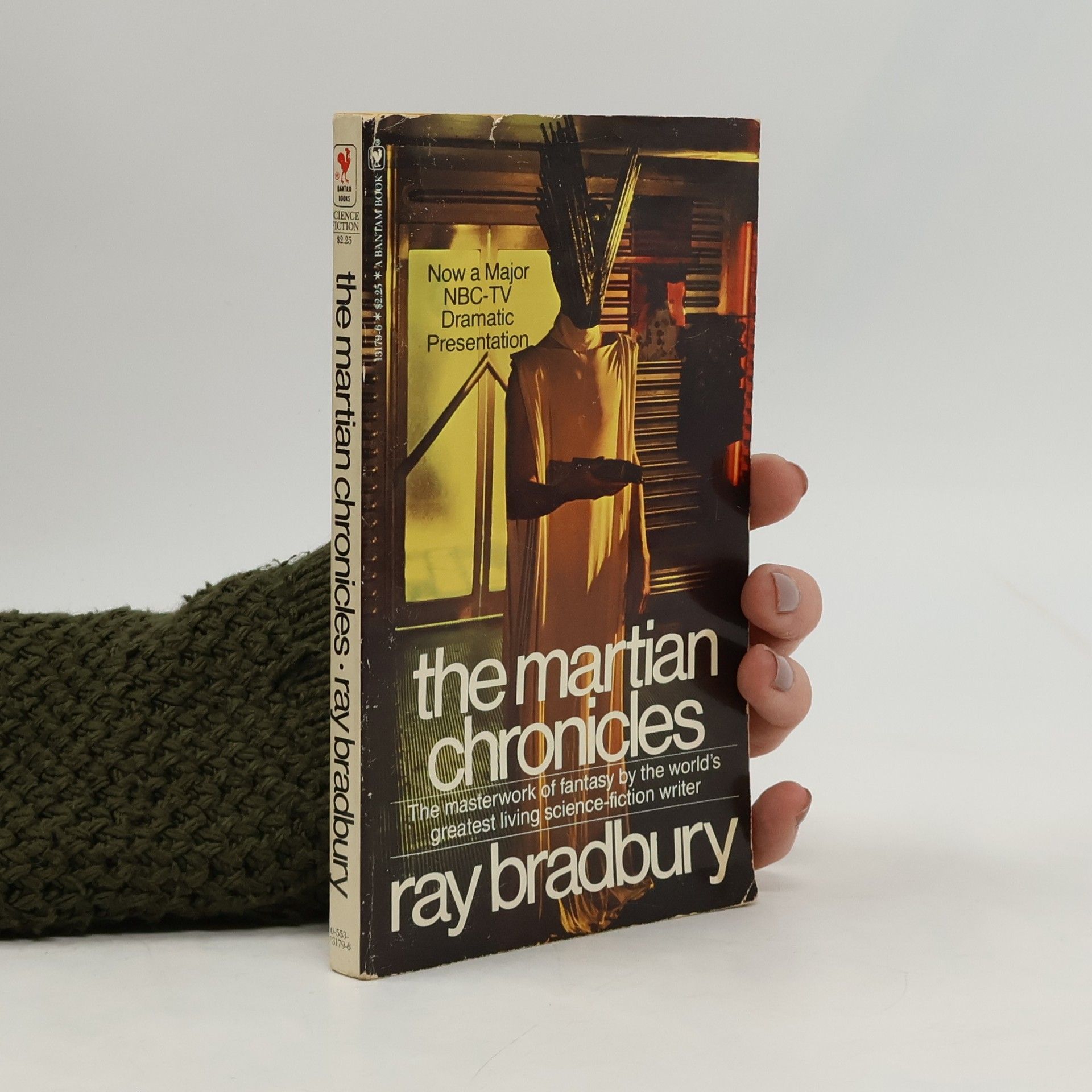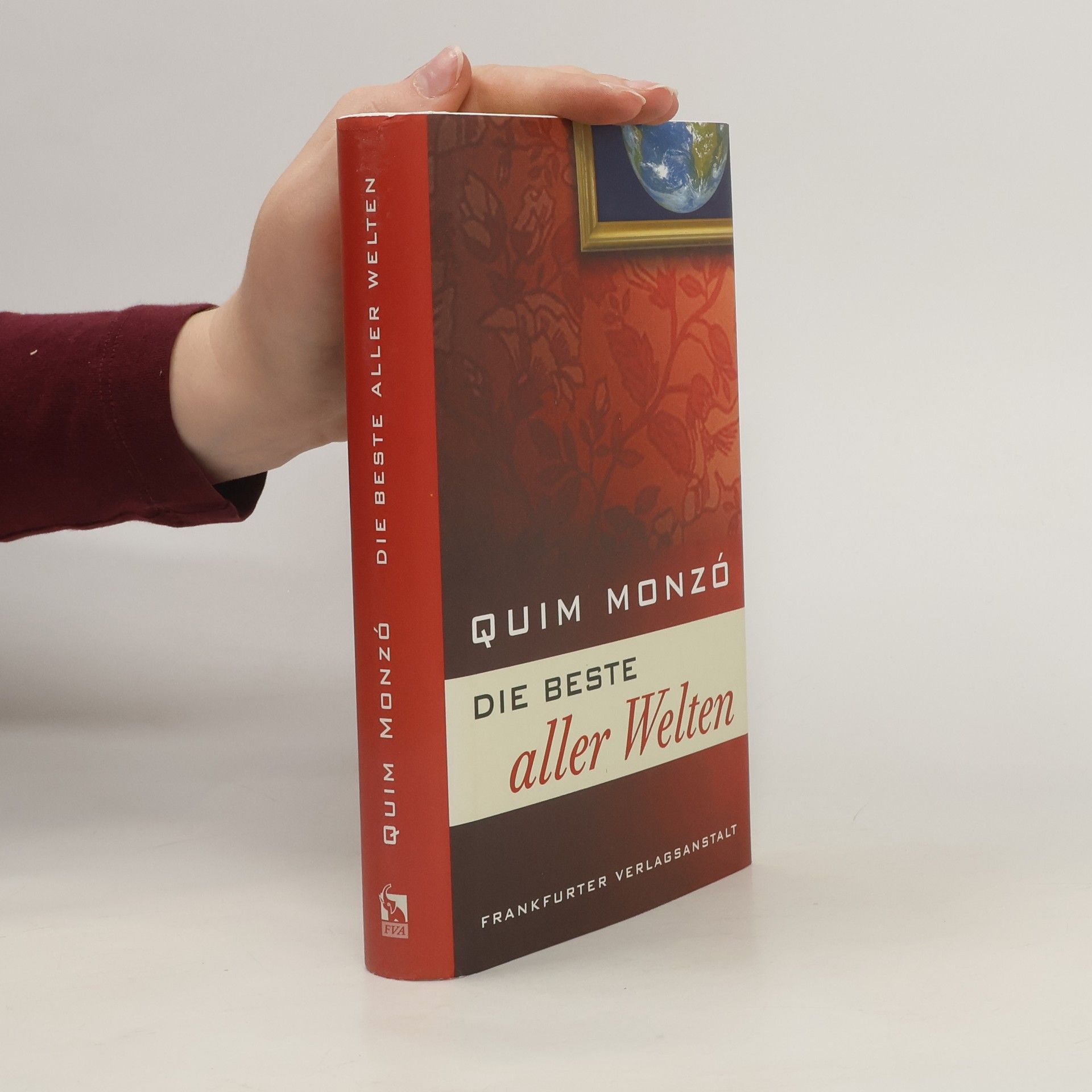Quim Monzó geht den Dingen auf den Grund: in aller Offenheit, ohne Umwege und ohne falsche Rücksichtnahme, geistreich und nicht vorhersehbar. In dreißig Fortsetzungen entsteht eine Palette einzigartiger Beziehungen und Motive, ein brillantes und ironisches Abbild der Irrungen und Wirrungen heutiger Beziehungskisten. Schnörkellos und präzis bring der Autor die Sache auf den Punkt. Und in überraschend wenigen Sätzen ist das Wesentliche gesagt: Wir finden frischverliebte und erfahrene Ehepaare, Singles, Liebe und Liebesschmerz, Glück und Eifersucht, Sex, erotische Spiele, aber auch Schneewittchen und einen Prinzen. Und jeder der Beteiligten ist auf der Suche. Was hier augenzwinkernd und voller Weisheit aufs Korn genommen wird, ist das Lebensgefühl unserer modernen westeuropäischen Gesellschaft: Menschen unbelehrbar und orientierungslos an einem Faden, den es nicht mehr gibt, verlorene Robinsone einer nichtkommunikativen Ära. Monzó schreibt mit einem ihm eigenen Scharfblick unbarmherzig-komische Geschichten von Liebe, Lust und Einsamkeit, Märchen für unsere moderne Zeit.
Quim Monzó Books
Quim Monzó is renowned for his masterful command of language and his incisive observations of daily life. His works frequently delve into the complexities of human relationships and the absurdities of modern existence. Through precise prose and sharp wit, Monzó uncovers hidden truths and ironies within narratives that resonate deeply with readers. His approach to writing is distinctly shaped by his rich cultural and linguistic background, allowing him to craft unique and unforgettable literary experiences.







Narrativa: Mil cretinos
- 144 pages
- 6 hours of reading
Mil cretins és el nou llibre de relats de Quim Monzó després d'El millor dels mons. En un nou pas endavant, Monzó passa comptes amb el dolor, la vellesa, la mort i l'amor. Valent i sense concessions, mira a la cara el difícil equilibri entre vida i misèria humana.
Die Beste aller Welten
- 285 pages
- 10 hours of reading
Voltaire schickte 1759 seinen gutgläubigen Candide voller Optimismus auf Reisen in die »beste aller möglichen Welten«. »Die beste aller Welten«, das sind dreizehn Geschichten und ein Roman, die der bekannte katalanische Schriftsteller Quim Monzó Voltaire und seinem Candide gewidmet hat: Entstanden ist ein höchst vergnügliches, ostentativ böses und doppelbödiges Buch. Quim Monzó ist berühmt für seine humorvollen »Romane in Pillenform«. Seine phantasievollen Geschichten über die kleinen und großen Katastrophen des Lebens lassen niemanden kalt: Eine Familie, die den plötzlichen Tod eines Sohnes beim Mittagessen ignoriert; ein Ehemann, der ohne ersichtlichen Grund sein Familienidyll verlässt; ein Dichter, der unbedingt den Literaturnobelpreis bekommen will und am Ende um 34 Zentimeter schrumpft. Pointierte Blicke in menschliche Beziehungen und Abgründe, Geschichten über das Glück, auch das ausbleibende: Quim Monzó bewahrt auch in den kniffligsten Situationen den Überblick.
The Martian Chronicles
- 182 pages
- 7 hours of reading
The strange and wonderful tale of man’s experiences on Mars, filled with intense images and astonishing visions. Now part of the Voyager Classics collection. The Martian Chronicles tells the story of humanity’s repeated attempts to colonize the red planet. The first men were few. Most succumbed to a disease they called the Great Loneliness when they saw their home planet dwindle to the size of a fist. They felt they had never been born. Those few that survived found no welcome on Mars. The shape-changing Martians thought they were native lunatics and duly locked them up. But more rockets arrived from Earth, and more, piercing the hallucinations projected by the Martians. People brought their old prejudices with them – and their desires and fantasies, tainted dreams. These were soon inhabited by the strange native beings, with their caged flowers and birds of flame. Contents: Rocket Summer Ylla The Summer Night The Earth Men The Taxpayer The Third Expedition -And the Moon Be Still As Bright The Settlers The Green Morning The Locusts Night Meeting The Shore Interim The Musicians Way in the Middle of the Air The Naming of Names Usher II The Old Ones The Martian The Luggage Store The Off Season The Watchers The Silent Towns The Long Years There Will Come Soft Rains The Million Year Picnic
Ochenta y seis cuentos
- 504 pages
- 18 hours of reading
Traducido a más de una docena de lenguas, la crítica europea relaciona a Quim Monzó con Kafka, Borges y Rabelais. En cada libro ha sabido aumentar la exigencia y el rigor, y ha generado, además, un enorme y desacostumbrado interés popular, como en El porqué de las cosas y Guadalajara. Hoy, Monzó ha revisado esos libros –todos sus cuentos publicados hasta ahora, algunos de ellos inéditos en castellano–, aplicando esa misma exigencia y ese mismo rigor. El resultado es Ochenta y seis cuentos, que ha merecido el Premio Nacional de Literatura en catalán y el Premio Lletra d’Or, que se suman al Premio Ciudad de Barcelona y a los cuatro Premios de la Crítica que otorga Serra d’Or, concedidos a los últimos cuatro libros de este volumen.
Uf, va dir ell
- 125 pages
- 5 hours of reading
Un coit que es perllonga durant lustres i lustres; un incansable devorador de lletres; un trist oficinista a Lloret, tractant de lligar; un contrabandista de papallones; quatre lladregots de mig pèl; Déu creant -força matusserament- l'univers; un nàufrag frustat; una noia amb sines farcides d'ocells i de vegetació; un tastaolletes que viu després de mort... Tot aquest prodigiós ventall imaginatiu ha estat treballat fins a convertir cada conte en una obra perfecta, rodona, indefugible.
Guadalajara
- 154 pages
- 6 hours of reading
All the heroes of this story collection—the boy who refuses to follow the family tradition of having his ring finger cut off; the man who cannot escape his house, no matter what he tries; Robin Hood stealing so much from the rich that he ruins the rich and makes the poor wealthy; Gregor the cockroach, who wakes one day to discover he has become a human teenager; the prophet who can’t remember any of the prophecies that have been revealed to him; Ulysses and his minions trapped in the Trojan horse—are faced with a world that is always changing, where time and space move in circles, where language has become meaningless. Their stories are mazes from which they can’t escape. The simultaneously dark, grotesque, and funny Guadalajara reveals QuimMonzó at his acerbic and witty best.
En este libro, la capacidad de síntesis de Quim Monzó llega a su máxima pureza: sus relatos, aparentemente simples y esquemáticos, son una enérgica exhibición de maestría, y se complementan para formar un todo que nos muestra con implacable precisión la eterna incertidumbre humana. El porqué de las cosas ha sido uno de los mejores éxitos de crítica y de ventas de la literatura catalana de los últimos años. Un libro que confirma la calidad de un autor que la crítica internacional ha comparado con Kafka, Borges y Rabelais. «Los cuentos de hadas de Quim Monzó no son los cuentos de hadas tradicionales, sino las historias de nuestro presente de relaciones afectivas, narradas por el autor, a contracorriente, de manera cruda, directa, implacable, a veces obscena y brutal...
No plantaré cap arbre
- 224 pages
- 8 hours of reading
No plantaré cap arbre és una selecció dels millors articles de Monzó apareguts, del 1991 al 1993, a la premsa de Barcelona.
Politically Correct Bedtime Stores, then is the fruit of Garner's labors. We'd like to think that future generations of fairy-tale fans will see this as a worthy attempt to develop meaningful literature that is totally free from bias and purged from the influences of a flawed cultural past.



